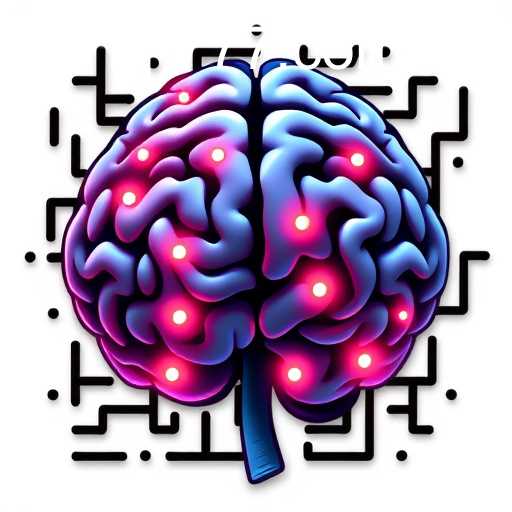Puzzle games have long graced the digital realms of entertainment, captivating players with their mind-bending challenges and rewarding gameplay. Among the myriad of keywords within this category, 'IQ 777' emerges as a particularly intriguing term, sparking curiosity and engagement among enthusiasts. But what does IQ 777 signify in the context of puzzle games, and why is it garnering attention?
The allure of puzzle games lies in their ability to challenge cognition and stimulate creative problem-solving. They demand players to think critically and strategize, often within time constraints or with limited resources. 'IQ 777' in this context can denote a level of complexity or difficulty, suggesting that these puzzles are designed not just to entertain, but also to stretch the cognitive faculties of even the most seasoned puzzle solvers.
Many websites dedicated to brain games and cognitive enhancement highlight keywords like IQ 777 to attract an audience eager to test their mental acuity. These games often cover a range of puzzles including logic riddles, math challenges, and pattern recognition tasks, each designed to push players to their intellectual limits. As players engage with these games, they simultaneously enjoy the entertainment factor and the potential cognitive benefits, such as improved memory and focus.
Puzzle games associated with 'IQ 777' can also promote social interaction. Many platforms offer leaderboards and multiplayer options, providing players the opportunity to compete or collaborate with friends and peers worldwide. This social aspect adds another layer of engagement, making these games not just a solitary mental exercise but a communal and competitive experience.
Moreover, the popularity of such games reflects a broader trend in gaming where players seek experiences that are not only fun but also intellectually rewarding. This has led to an increased appreciation for games that challenge the intellect, contrasting with more traditional, action-oriented game genres.
In conclusion, 'IQ 777' puzzle games represent a segment of digital entertainment that satisfies a dual craving for mental stimulation and enjoyable gameplay. As they continue to evolve, these games hold the promise of becoming even more sophisticated, potentially integrating advanced algorithms and AI to tailor challenges specifically to individual intellectual levels. For now, their rising popularity is a testament to our enduring fascination with puzzles and the timeless quest to test and improve our mental capabilities.








